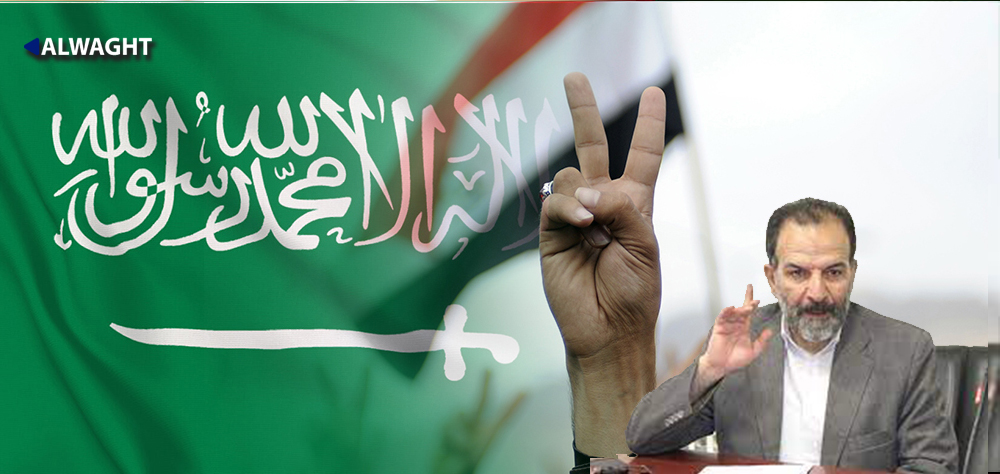Alwaght- As the negotiations to settle the Yemeni crisis grow more serious, the UN special envoy to Yemen Martin Griffiths visited Iran on June 18 and discussed with the Iranian officials various aspects of the seven-year war and the ways to achieve peace. Shortly after, an Omani delegation flew to Sana'a and presented to the Yemenis a four-point initiative that would include reopening Sana'a airport with specific conditions, ceasing the fire, allowing entry of ships to Hudaydah port, and arranging peace talks for a final solution to the devastating crisis. The proposal was welcomed by the resigned President Abdrabbuh Mansour Hadi and his backers Saudi Arabia and the US.
Now, many political observers are awaiting Ansarullah to respond to the proposal and the new diplomatic movements. Now the question is that how far the new initiative can go in path to peace. To answer this question, Alwaght has arranged an interview with Majid Ghanadbashi, an Iranian expert of regional affairs.
Griffiths seeks a war end favorable to Saudi Arabia
In his assessment of Griffiths's Iran visit, Mr Ghanadbashi believes that the actions of the UN concerning the Yemeni crisis bear all hallmarks of siding with Saudi, American, and Israeli demands. Presently, Griffiths, responding to the Saudi and American demands, intends to end the war and prevent any compensatory costs on the Arab aggression camp.
"Western and Saudi political officials now believe that the continuation of the war in Yemen is against their interests, so they are trying to take every step to end it without incurring excessive costs. In fact, the bulk of the UN envoy's diplomatic efforts in Iran are aimed at creating a situation in which the end of the crisis is not seen as a victory for the Iran-led Axis of Resistance, one of whose members is Yemen."
Mr Ghanadbashi continued that the envoy's trip to Iran has a past and its central point is end of war. The undeniable fact of the Yemeni crisis is that the continuation of the war will be against the interests of Saudi Arabia and in the interests of Ansarullah. This has caused the Saudi rulers to worry about the possibility of a rebellion and coup of their military
"History has shown that defeat and confusion in war increase the possibility of military intervention in politics, especially that a majority of the Saudi air force personnel are foreign educated. This gives the Crown Prince Mohammed bin Salman every reason to grow concerned about the war becoming erosive. So, he has his eyes on mediation of Iran as a country of huge sway in Yemen."
Although Griffiths represents the Western-Saudi interests, his Iran visit demonstrates that the adversaries have accepted Tehran role as an influential actor in Yemen developments. "We should take it into consideration that the Westerners want Iranian involvement in the Yemeni crisis to generate costs for Tehran. In other words, they intend to impose unwanted costs on Iran."
Oman's four-point proposal has preconditions for implementation
Elaboratimg on the Omani peace initiative, Mr Ghanadbashi held that such proposals are not new. But they are necessary before reaching the ceasefire stage. They can make a facilitator of exit from the crisis. "Still, we should know that implementation of the Omani proposal is meant to end the war without concessions made by the Saudi side. To put it differently, Riyadh and its Western patrons do not want lifting the suffocating air, sea, and ground blockade on the Yemeni people."
Ansarullah should capitalize politically on its military triumphs
At the end of the interview, Mr Ghanadbashi commented on future of the ceasefire, saying that at present Ansarullah Movement enjoys an ideal position on the battleground. Its military gains also win it special regional and international profile.
"In such conditions, Ansarullah needs dynamic decisions to transform its military gains into political accomplishments to establish its position and power in the country’s future equations. Advocating truce and peace negotiations can be a favorable choice for Ansarullah, but it needs assurances that the talks agenda would not serve the Saudi-Western interests.



























